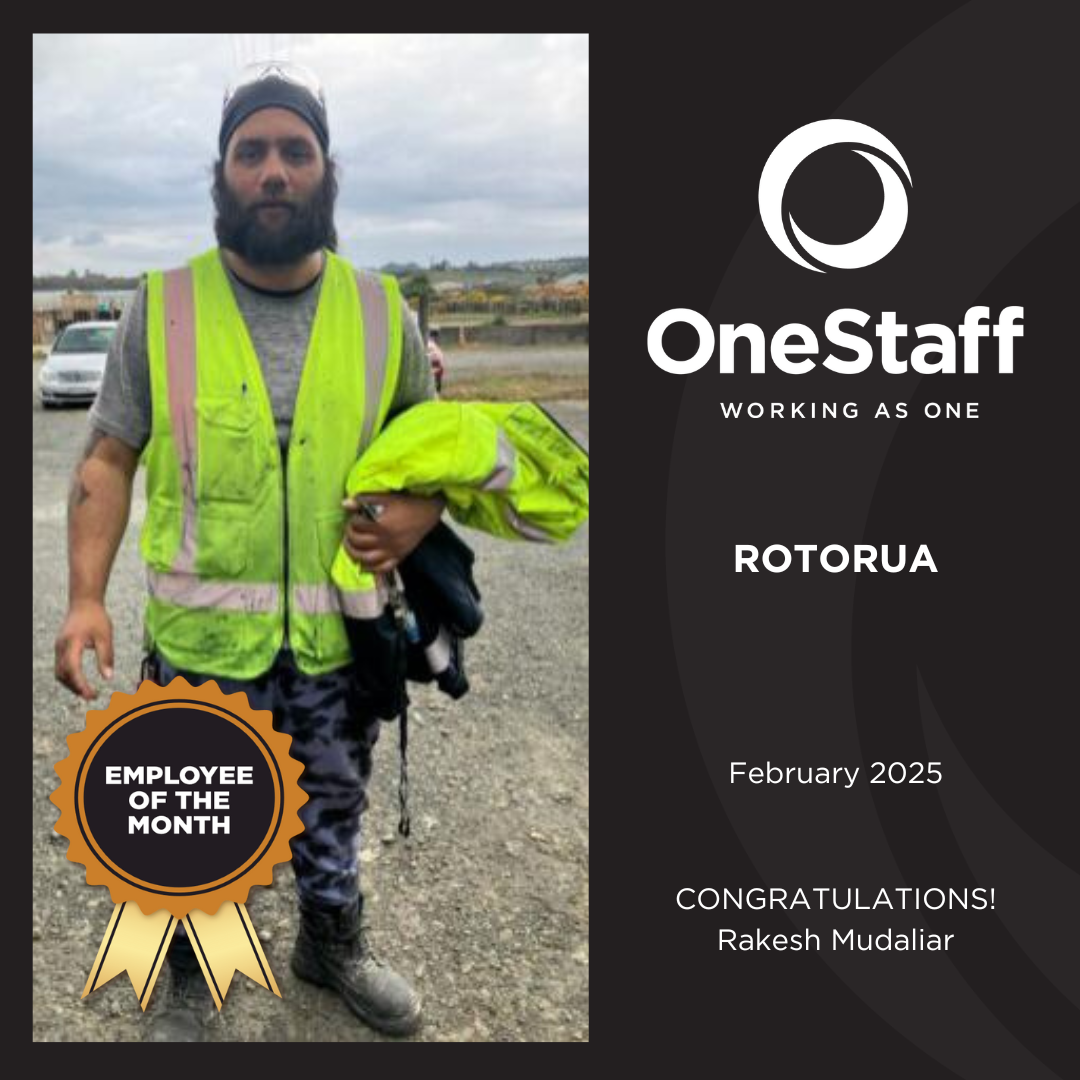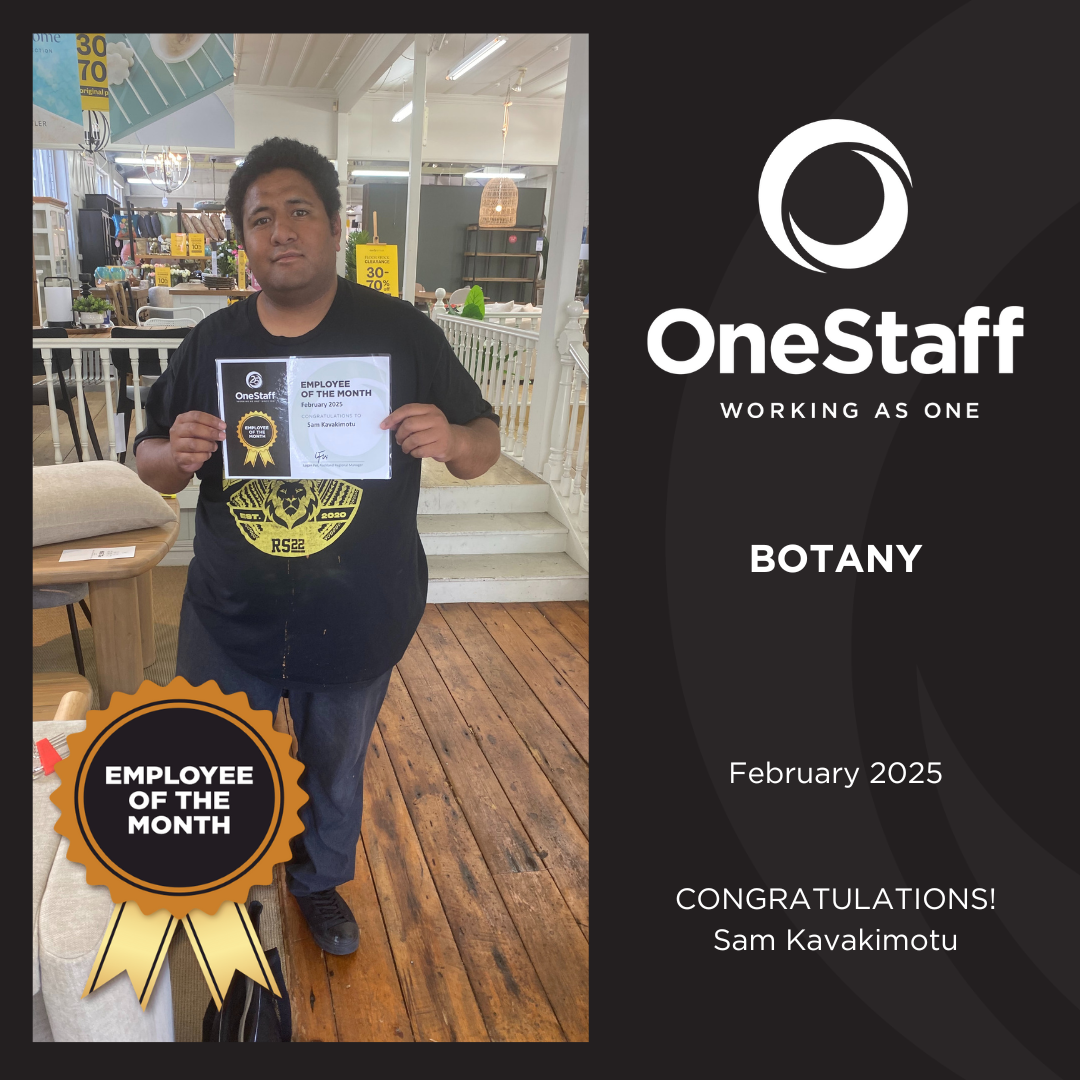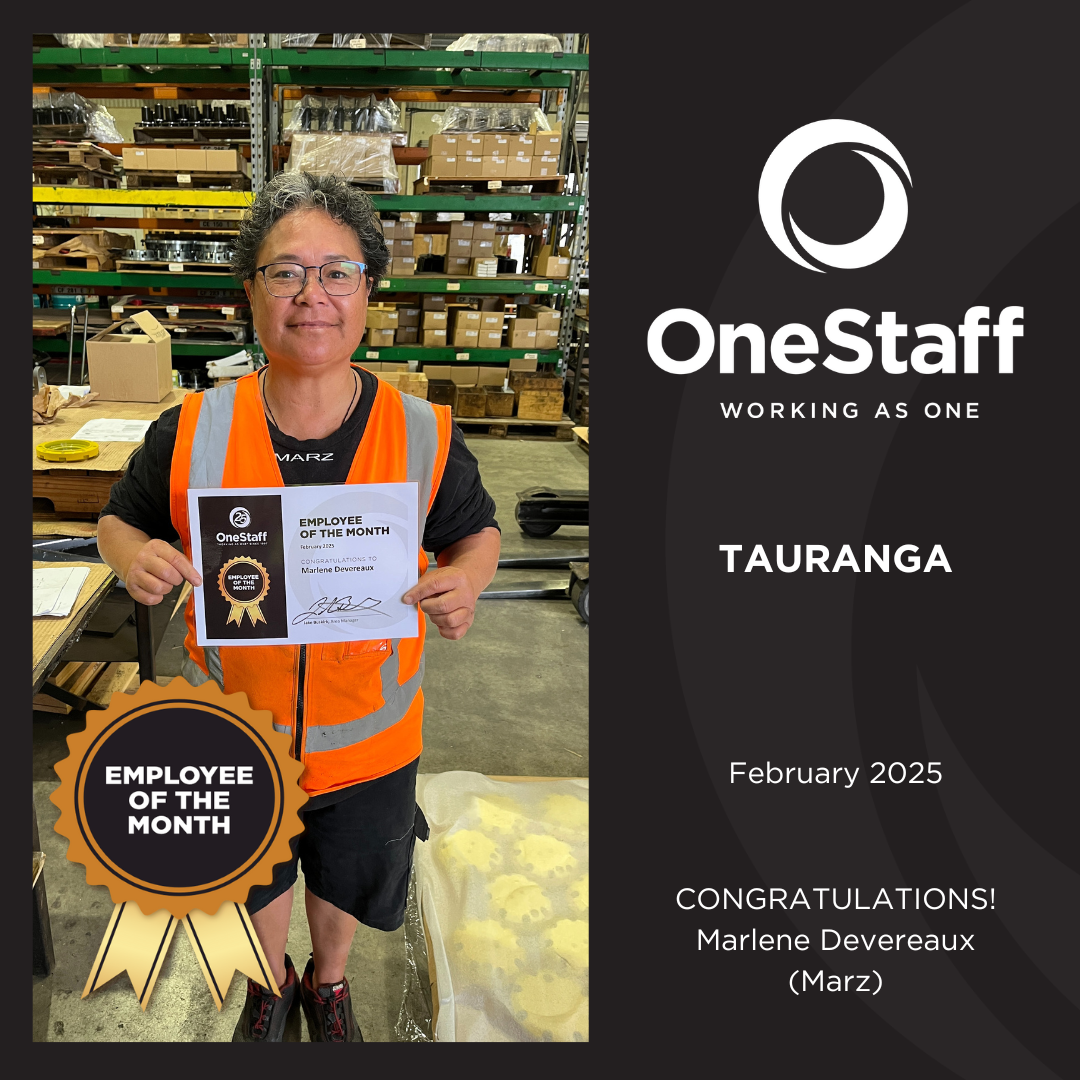How to Resign from a Job on a Positive Note
5 mins read

Knowing how to quit a job on a positive note is a handy skill. Whether or not you’re ready to quit your job right now, there will come a time when you will need to hand in your resignation, so it’s useful to understand how to approach this situation.
Resigning is a major decision, one that is best done with care to ensure the best outcome for your career. To help make the resignation process as positive as it can be, it’s wise to get prepared before making the big step.
Stop and Look at the Bigger Picture
Finding a new job with better pay, conditions, hours, location or more variety of duties are all valid reasons to quit your current role. That said, before quitting your job, it’s important to step back and consider why you feel ready to resign.
Ask yourself practical questions about your situation:
- What are the specific reasons you want to leave your current role?
- Have you attempted to address the problem or spoken to management?
- What has changed in the job or at the company since you started?
- Have your priorities changed?(E.g. a change in your family situation, study, or other personal factors)
If you have access to annual leave, consider taking some time off to get a clearer perspective before making a decision. Sometimes, all you need is a break! However, returning to work from a period of annual leave can also help you decide with more certainty. A bit of breathing space can work wonders in these situations.
Plan Your Next Step
After deciding to quit a job, it’s important to consider what might be coming next. For some people, it won’t be possible to leave their current job without a new one to move on to. Others will be in the position to take a career break while searching for another job.
Whatever your circumstances, remember to consider your financial situation and professional goals, so you can develop a plan for what happens after you resign. Ask yourself a few more key questions:
- What kind of role are you looking for?
- What’s important in your next job?
- What do I need to do to find the job I want?
- Do I need to gain new skills or experience?
Remember to consider practical details – such as the timing of your resignation, whether you can afford to quit without another role lined up, and the competition for the jobs you want. In industries and regions that are affected by an economic downturn, it might be even more important to begin searching for a new job before you quit your current role.
Build Your Jobseeker Arsenal
A major aspect of quitting your job is the transition to being a jobseeker, and (hopefully) slotting into the perfect next role. Getting equipped with every tool you can to land your next job will give you the best chance at making this transition a seamless one.
Start by making yourself appealing to future employers – review your CV, brush up your LinkedIn profile and start asking your friends and broader network about potential job opportunities. Once you know what you’re looking for, being open to short-term contracts or professional training can help you bridge any gaps between full-time jobs and grow the list of skills on your CV.
Reaching out to a New Zealand recruitment agency and labour hire specialist – like OneStaff – can get you on a faster track towards finding a job that’s best suited to you. Our teams specialise in hiring people in the construction, engineering, commercial, logistics, transport, manufacturing and works and civil industries across New Zealand. Working with a reputable permanent and temp recruitment agency gives you access to positions that aren’t advertised, tailored advice on how to sit for job interviews and other help you won’t have if you go it alone.
Avoid Burning Bridges
After you’ve made your decision, it’s time to get ready to hand in your notice. We always advise people to handle this process carefully and leave aside any feelings about the role and company. This is the best way to avoid harming your reputation – and any potential references you may need for your next job!
Here’s how to quit a job on a good note and without burning bridges:
- Inform your manager before you tell your colleagues!
- Hand in your resignation in writing – preferably by email or as a letter, not by text message.
- Give adequate notice – at least two weeks is generally appropriate. (Check your employment contract first to confirm how much notice you’re expected to give.)
- Treat colleagues with respect.
- Be willing to help ease the transition, such as assisting with the handover to another employee.
- Be prepared for a counter-offer from your employer and consider how you will respond.
In your resignation letter, focus on the positive aspects of the job, and express gratitude for the experience and all the lessons you learned. Industries like construction can be a tight-knit one where word gets around quickly, so maintaining good relationships with managers and colleagues will be a valuable career move in the long run.
Discover Your Career Potential with a Temp Recruitment Agency
After deciding to quit your job, it can be tempting to get out of there as quickly as possible. However, with your future career in mind, it’s important to be careful and considerate throughout the resignation process.
To start the next chapter in your career, having a leading temp recruitment agency by your side can help you achieve your goals. For help with finding jobs in construction, engineering, commercial, logistics, transport, manufacturing and works or civil industries, contact the friendly team at OneStaff today.
Hear the latest news from us
Aenean est, ipsum, aenean egestas porttitor massa scelerisque quam non. Eu odio sed id non. aenean egestas porttitor massa. Senean egestas porttitor massa scelerisque quam non.































